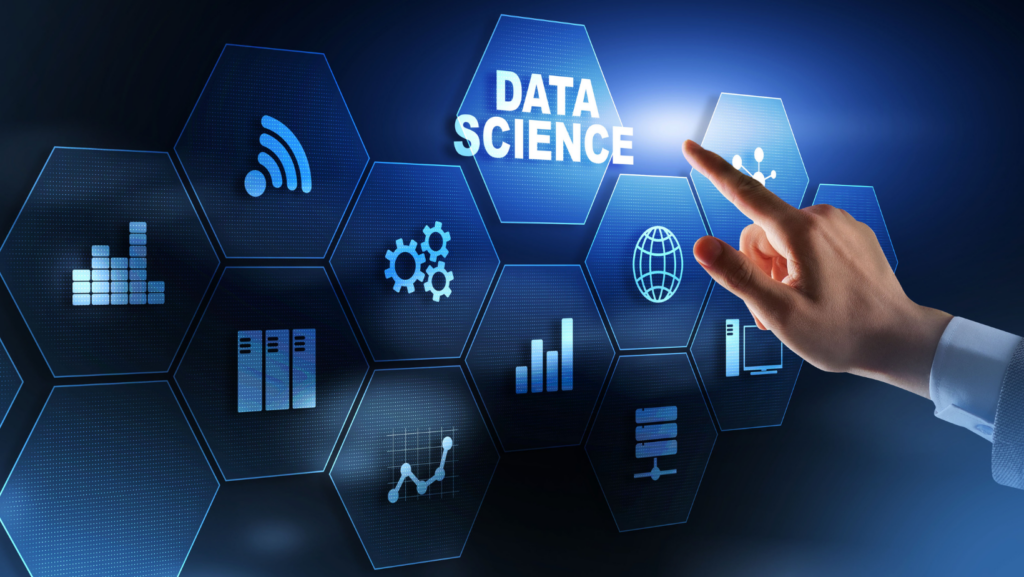In the digital age, businesses are swimming in an ocean of data. Yet, it’s not about having data; it’s about making sense of it. Data science and business analytics have emerged as the lighthouses in this sea of information, guiding companies to profitable shores.
In the following article, we’ll delve into the fascinating world of data science and business analytics, exploring their significance, their differences, and their impact on modern businesses. Stay tuned as we unwrap the mystery behind these buzzwords and reveal why they’re more than just industry jargon.
Data Science and Business Analytics

Driven by technology, digital innovation, and consumer demands, modern businesses find themselves navigating a sea of data. The significance of this data, however, does not lie in its abundance, but in the insights it offers. Unveiling these insights hinges on the intersection of two pivotal, yet distinct, fields—Data Science and Business Analytics.
Data Science emerges as a beacon in an era of information overload. It’s more than a discipline—it’s a toolbox of statistical methods, machine learning algorithms, and predictive models. By examining vast datasets, data scientists unlock patterns, detect anomalies, forecast trends, and interpret behaviors, transforming heaps of raw data into refined knowledge. Examples of Data Science in action include recommendation engines seen on streaming platforms such as Netflix and Amazon.
Key Business Analytics Tools and Techniques
Parallelly, Business Analytics holds the reins of data-driven decision making. It harnesses meaningful insights, helping businesses understand their market, streamline operations, and increase profits. Popularly, techniques such as descriptive analytics, predictive analytics, and prescriptive analytics offer a spectrum of insights into past performance, future forecasts, and actionable strategies.
Tools like Tableau and Power BI present complex datasets in visually engaging dashboards, simplifying data interpretation. Predictive modeling software like RapidMiner and KNIME help forecast market trends, improving strategic planning. Optimization tools like Solver in Excel offer solutions for resource allocation and schedule management, enabling operations optimization.
Impact of Data Science and Business Analytics on Decision Making
Building on the foundational understanding of data science and business analytics, it’s crucial to explore their roles in shaping decisions across all tiers of an organization. The application of these disciplines significantly colors strategic planning, operational changes, and even day-to-day decisions.
Enhancing Strategic Decisions

Data science is the great strategist’s secret weapon, revealing the hidden patterns and insights missed by naked eyes. It navigates businesses on the right course. For instance, telecom companies utilize churn prediction models, a product of data science, to identify at-risk customers and strategically tailor retention policies.
Likewise, business analytics amplifies strategy through measurements, providing a yardstick to gauge performance. It can indicate if a company’s strategy aligns with the performance metrics, backing up the all-important decisions with concrete numbers, thereby easing the decision-making process. Google Analytics, for example, lets businesses quantifiably assess their web strategy, offering insights on consumer behavior while simultaneously suggesting improvements.
Real-Time Data and Adaptive Strategies

Living in an era of real-time data, companies don’t have the luxury to lag. Data science and business analytics come in handy, delivering immediate insights necessary to adapt and thrive. They marry nowcasting methods with machine learning, anticipating the immediate trends based on available real-time data.
In essence, data science and business analytics metamorphose decision making. They instill confidence in decision-makers, underpinning intuitions with facts and figures. As businesses continue to navigate the digitized landscape, their reliance on these tools will only intensify, revolutionizing the way we perceive and respond to the business environment. In the absence of conclusions, remember the keys – data science and business analytics – that unlock informed decisions.
Offer Unique Insights Into Customer Behavior
Data science and business analytics have indeed become game-changers in today’s business landscape. They’re not just tools for understanding complex datasets but also crucial components in strategic decision-making. Despite challenges like data quality and ethical dilemmas, businesses are increasingly leveraging these technologies to gain a competitive edge.
